Libya's new interim prime minister sworn in, promises to represent all Libyans
Abdul Hamid Dbeibah has been sworn as Libya’s Prime Minister until elections later this year, following years-long violence and division in the North African country.
Dbeibah took the oath of office in front of members of parliament in the eastern city of Tobruk on Monday, after lawmakers voted in support of a unity government and approved his cabinet last week.
"I swear by God almighty to perform my duties with honesty and sincerity," he said.
Dbeibah was selected through a UN-facilitated process early last month. He will serve in his post until elections are held on December 24.
He proposed a unity government including two deputy prime ministers, 26 ministers and six ministers of state in an attempt to resolve a decade of conflict in the country.
The parliamentary approval of Dbeibah’s cabinet took place after a two-day session in the war-battered frontline city of Sirte on Wednesday.
"This will be the government of all Libyans," Dbeibah said in a brief speech after the vote. "Libya is one and united."
Libya has been grappling with unchecked violence since the overthrow, and later killing, of dictator Muammar Gaddafi in 2011 during an operation backed by NATO.
Since 2014, two rival seats of power have emerged in Libya, namely the UN-recognized government - known as the Government of National Accord (GNA) - based in the capital Tripoli, and another camp based in the eastern city of Tobruk, backed militarily by the so-called Libyan National Army (LNA), composed of armed rebel forces led by renegade General Khalifa Haftar.
The country descended into unprecedented chaos last year after the LNA moved toward Tripoli to seize the city. They were repelled by government forces.
The conflict has escalated into a regional proxy war fueled by foreign powers pouring weapons and mercenaries into the country.
Dbeibah’s new interim government is expected to replace both existing administrations in Libya. He has pledged not to stand for office in December’s vote.
Outgoing GNA head Fayez al-Sarraj has said he is "fully ready to hand over" power, while Haftar last month offered "the support of the armed forces for the peace process."
Dbeibah has called for the departure of some 20,000 foreign militants present in the country, adding that he would coordinate with the militants’ countries of origin to arrange for their withdrawal.
“The mercenaries are a stab in our back – they must leave,” Dbeibah said. “Our sovereignty is violated by their presence.”
The UN Security Council on Friday called for all foreign forces to leave "without further delay."
However, challenges remain and the manner of Dbeibah's own appointment has drawn criticism in Libya with accusations of corruption and influence peddling as a UN inquiry found that he allegedly gained power after his supporters offered bribes as high as $200,000 to attract votes.
Holding free parliamentary and presidential elections under such circumstances in 2021 will be an immense task.
VIDEO | Press TV's news headlines
Hamas: Israel escalating ceasefire violations in Gaza
Venezuela's government declares unwavering unity behind Maduro
VIDEO | Global outcry over Venezuela president abduction
Iran keeps wheat import subsidies despite cutting other food supports
Venezuelan military stands with acting president after US kidnapping of Maduro
VIDEO | Press TV's news headlines
VIDEO | Protesters in Toronto slam US kidnapping of Venezuelan president



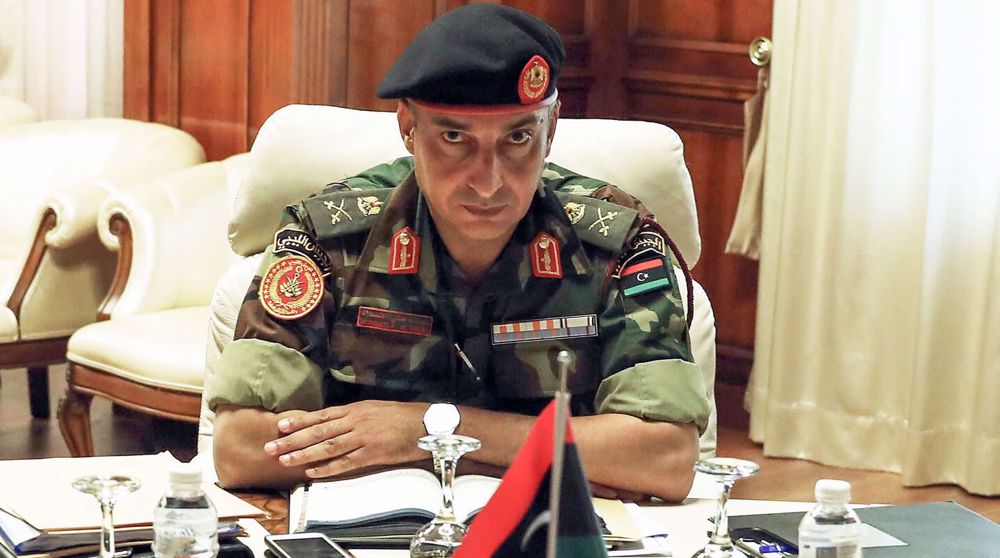
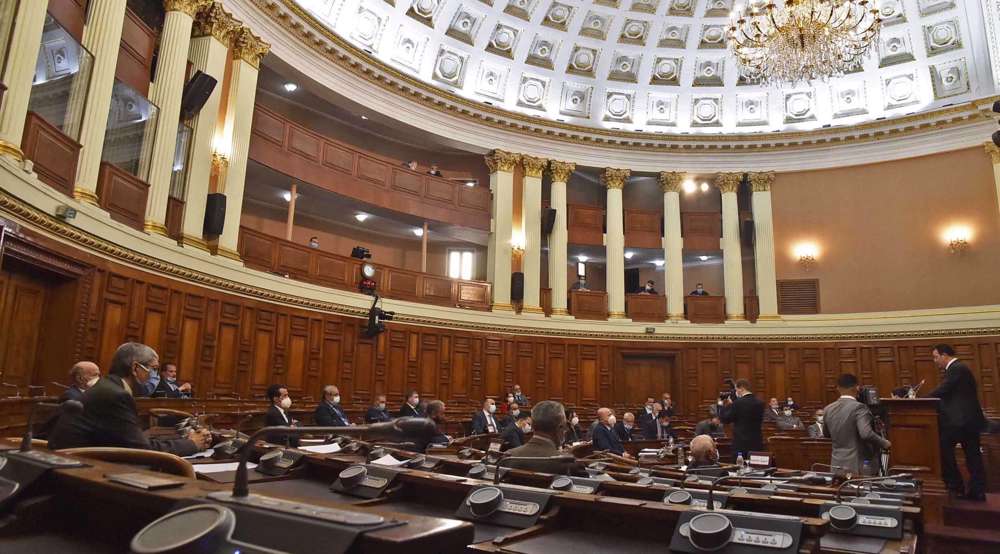
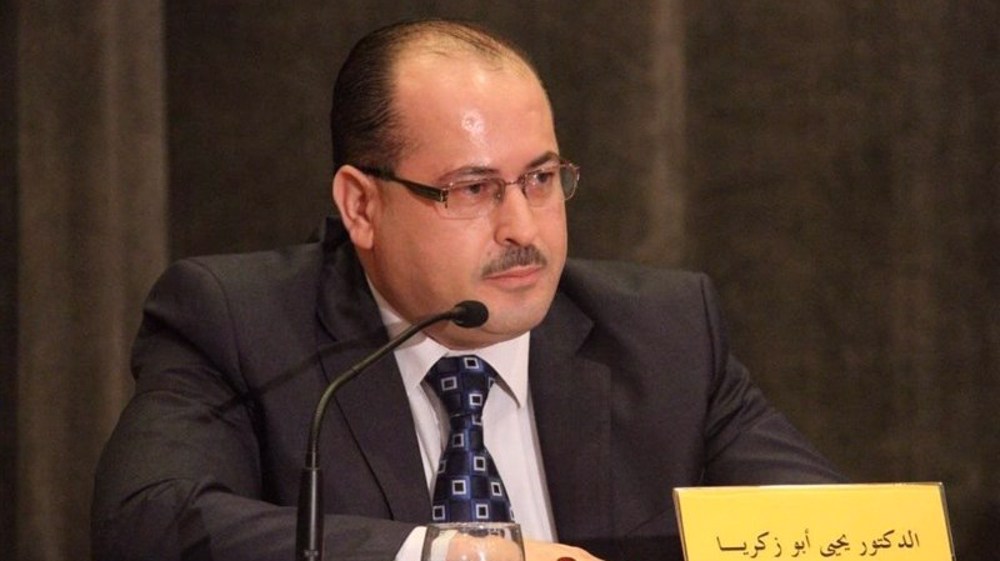





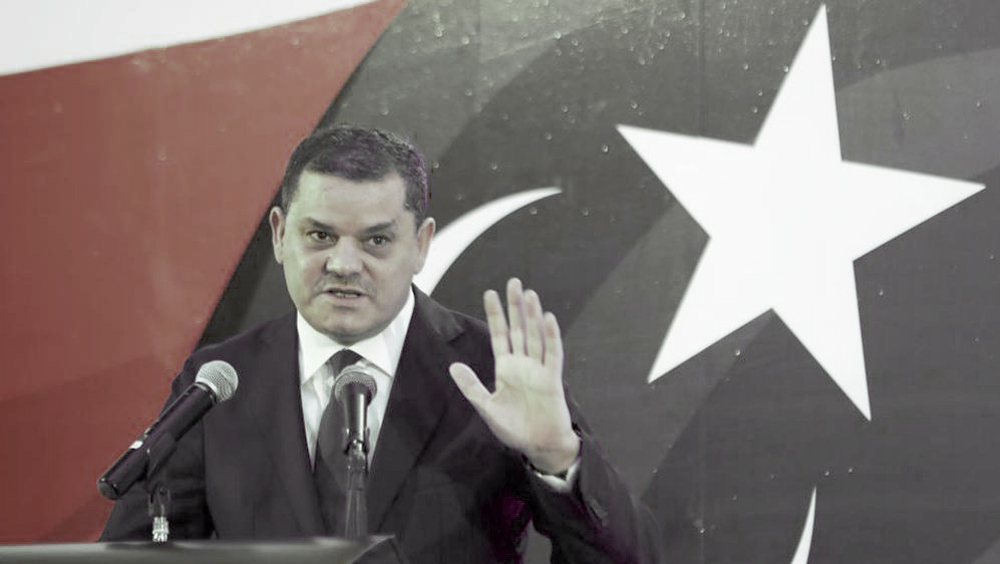
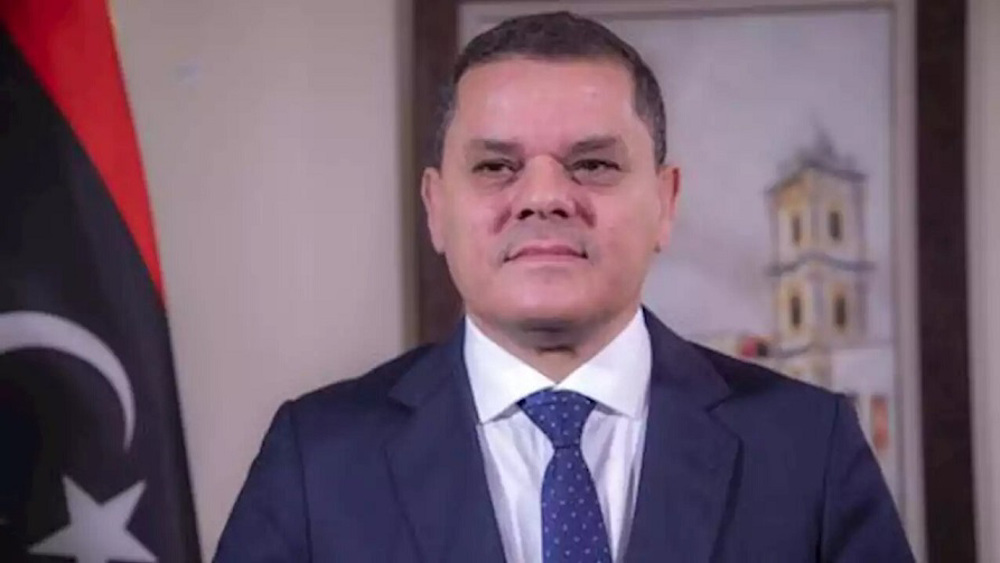

 This makes it easy to access the Press TV website
This makes it easy to access the Press TV website